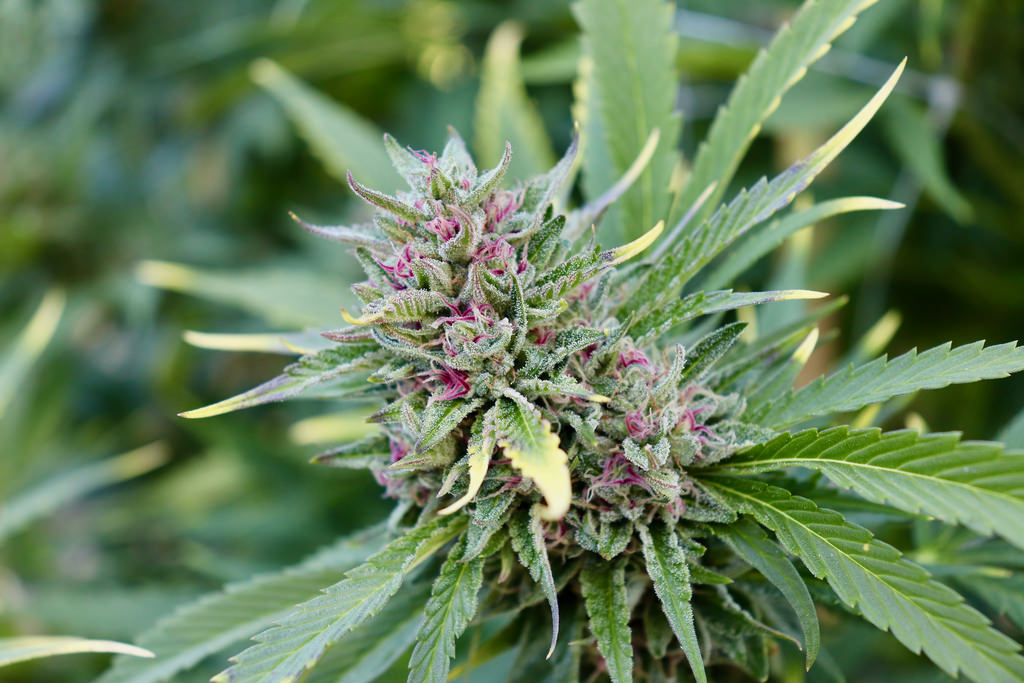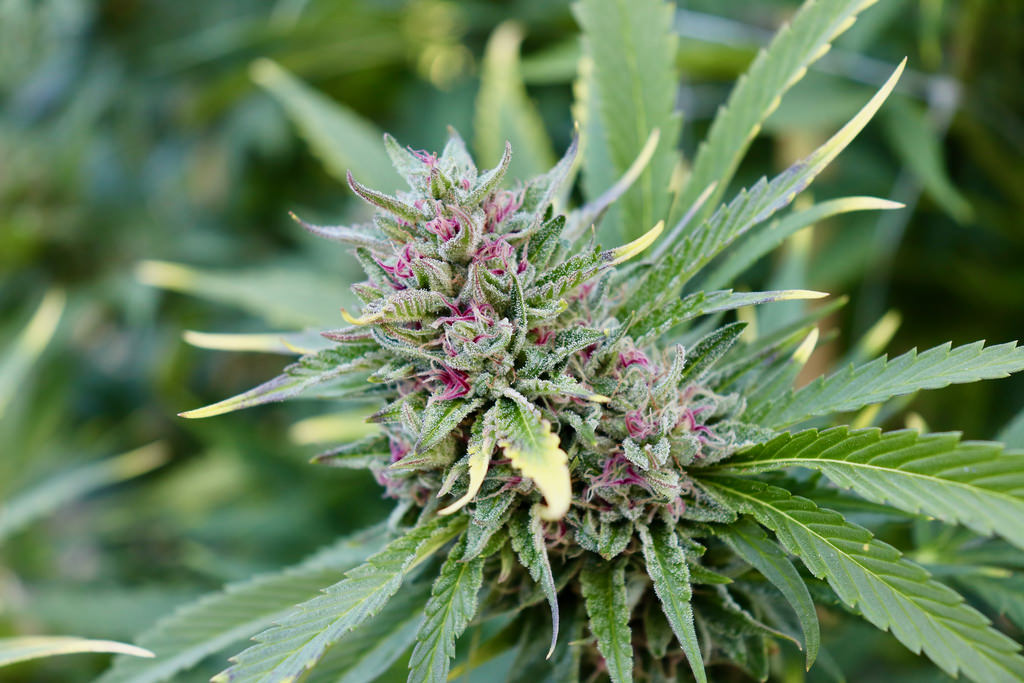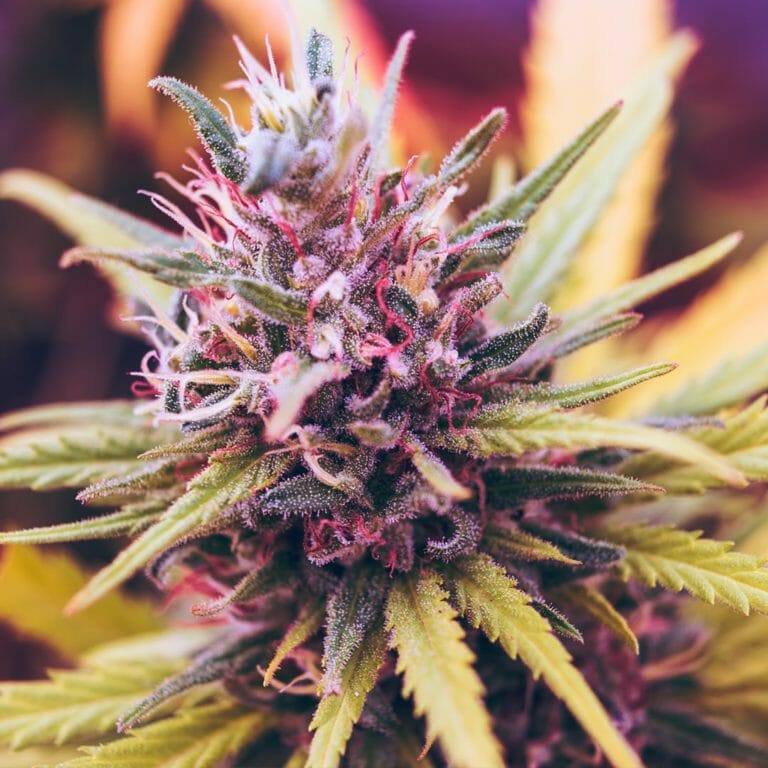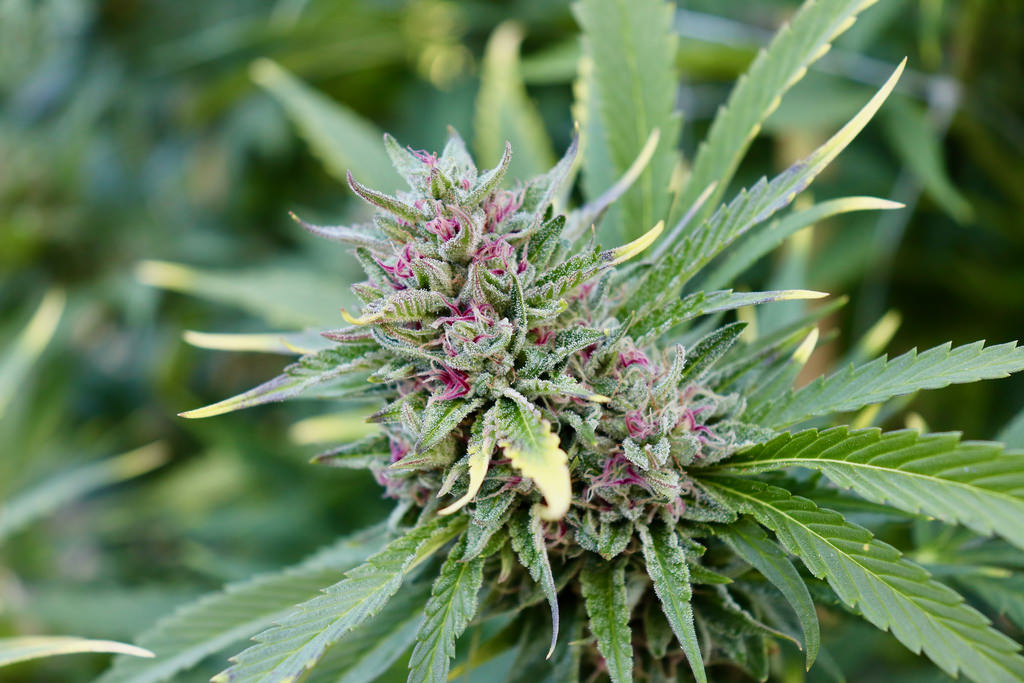The legal landscape surrounding medicinal cannabis in the UK has evolved significantly in recent years, offering new opportunities for patients who may benefit from cannabis-based treatments. However, despite the change in legislation, there remains a need for clarity around the specifics of the legal framework, how patients can access medicinal cannabis, and what the regulations entail for both healthcare professionals and consumers. In this blog post, we’ll break down the key components of the UK’s medicinal cannabis legal framework to help you understand how it works.
1. The Legalisation of Medicinal Cannabis in the UK
In November 2018, the UK government made a significant change to the law, legalising medicinal cannabis under certain conditions. Prior to this, cannabis was classified as a Class B drug under the Misuse of Drugs Act 1971, which made it illegal to possess, supply, or produce cannabis for any purpose, including medicinal use. However, the 2018 change allowed doctors in the UK to prescribe cannabis-based products for medicinal use in certain situations.
2. Who Can Access Medicinal Cannabis in the UK?
Not everyone in the UK can access medicinal cannabis. To qualify for a prescription, patients must have a medical condition that is resistant to other treatments. The UK government has outlined a strict set of criteria for patients who can access cannabis-based treatments, which includes:
- Severe or chronic pain
- Severe nausea or vomiting caused by chemotherapy treatments
- Spasticity in conditions like multiple sclerosis (MS)
- Severe, treatment-resistant epilepsy, especially in children
In general, medicinal cannabis can only be prescribed when other treatments have failed or are unsuitable. It’s also worth noting that medicinal cannabis is typically prescribed by specialist doctors rather than general practitioners (GPs), meaning access to prescriptions is limited to patients with specific health needs.
3. Cannabis-Based Products That Are Approved for Use
The legal framework specifically allows for certain cannabis-based products to be prescribed. These include:
- Cannabis-based oils and capsules that contain either THC (tetrahydrocannabinol) or CBD (cannabidiol), or a combination of both.
- Sativex, a mouth spray made from a combination of THC and CBD, which is used to treat spasticity in multiple sclerosis.
- Epidiolex, a CBD-based product used to treat severe epilepsy in children.
However, it’s important to note that these products must meet strict regulatory standards. The Medicines and Healthcare products Regulatory Agency (MHRA) in the UK is responsible for ensuring that any cannabis-based products meet the necessary safety, quality, and efficacy standards before they can be prescribed.
4. Prescription Process for Medicinal Cannabis
Obtaining a prescription for medicinal cannabis in the UK is not as straightforward as visiting your GP and asking for one. Here’s how the process generally works:
- Initial Consultation: A patient must first have an assessment with a specialist doctor who is familiar with cannabis-based treatments. This doctor will evaluate the patient’s condition, history, and whether medicinal cannabis is a viable treatment option.
- Application for a Prescription: If the doctor determines that the patient is eligible for medicinal cannabis, they will submit an application to the Home Office for approval to prescribe the product. This process ensures that prescriptions comply with regulatory standards.
- Pharmacy Dispensing: Once approved, the prescription is typically dispensed through a specialist pharmacy. These pharmacies are licensed to supply cannabis-based medicines.
It’s important to note that the process can sometimes be long and complicated, with waiting times for specialist consultations and approval from the Home Office. As a result, many patients may not have immediate access to medicinal cannabis.
5. Types of Medicinal Cannabis Products
Cannabis-based medicinal products come in various forms, each designed to suit different patient needs. These include:
- Oils and tinctures: These are liquid forms of cannabis that can be consumed orally. They allow for more precise dosing and are often favored for their fast-acting effects.
- Capsules and tablets: These provide a pre-measured dose and can be easier for some patients to consume, particularly those who are not comfortable using oils or vaping.
- Vape products: Vaporizing cannabis products may provide faster relief compared to other methods, though this form of consumption may not be suitable for all patients due to potential respiratory concerns.
- Topicals and creams: These products are applied directly to the skin and can help alleviate localized pain or inflammation.
Each of these products is designed to meet the individual needs of patients, depending on the condition being treated.
6. Regulations and Oversight
The MHRA and Medicines and Healthcare products Regulatory Agency are responsible for ensuring that cannabis-based products for medicinal use meet safety and quality standards. This means that the products are tested for consistency, purity, and potency. In addition, these products are prescribed under strict medical supervision, ensuring that patients receive the appropriate dosage and form of treatment.

The General Pharmaceutical Council (GPhC) also plays a role in overseeing the regulation and dispensing of medicinal cannabis in the UK. It ensures that only qualified healthcare professionals are involved in the dispensing process and that pharmacies comply with necessary standards.
7. Cost and Availability
One of the biggest challenges surrounding medicinal cannabis in the UK is the cost. Cannabis-based products, particularly those prescribed for medical use, can be expensive, and some patients may struggle to afford them, even after receiving a prescription.
The UK National Health Service (NHS) may cover medicinal cannabis prescriptions in some cases, but it is generally up to the specialist doctor to determine whether the patient meets the criteria for NHS funding. Private prescriptions for medicinal cannabis can cost hundreds of pounds per month, which means access is not guaranteed for everyone, particularly those without the means to pay for these products.
8. Challenges in Accessing Medicinal Cannabis
While the legalisation of medicinal cannabis in 2018 marked a significant step forward, many patients still face barriers to access. These include:
- Limited availability of prescriptions: Specialist doctors are required to assess and prescribe cannabis-based products, and there are not enough practitioners who are comfortable prescribing these treatments.
- Long waiting times: Due to a lack of trained professionals and the lengthy approval process, patients may face long waits before receiving a prescription.
- High costs: As mentioned, many cannabis-based treatments are not covered by the NHS and can be expensive for patients who need ongoing treatment.
Despite these challenges, there is increasing momentum for broader access to medicinal cannabis in the UK, and advocacy efforts are ongoing to reduce the barriers that patients face.
9. Future of Medicinal Cannabis in the UK
The future of medicinal cannabis in the UK remains promising, with growing recognition of its potential benefits for a variety of health conditions. Many patients, particularly those suffering from chronic pain, epilepsy, and MS, have reported significant improvements from cannabis-based treatments.
There is ongoing research into the effectiveness of cannabis for other medical conditions, and as more evidence emerges, the regulatory framework may evolve. Additionally, increasing public awareness and political support may help improve access to medicinal cannabis for those who need it





